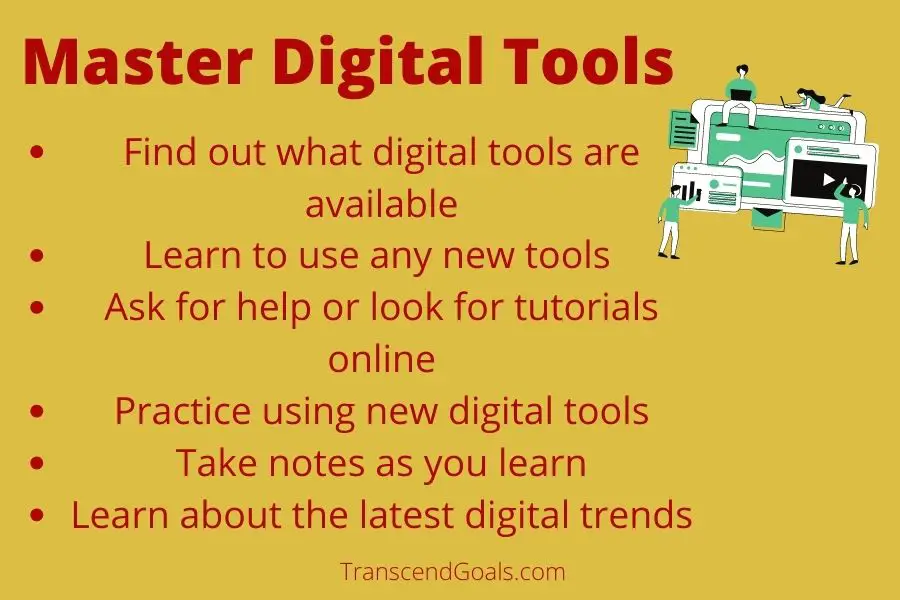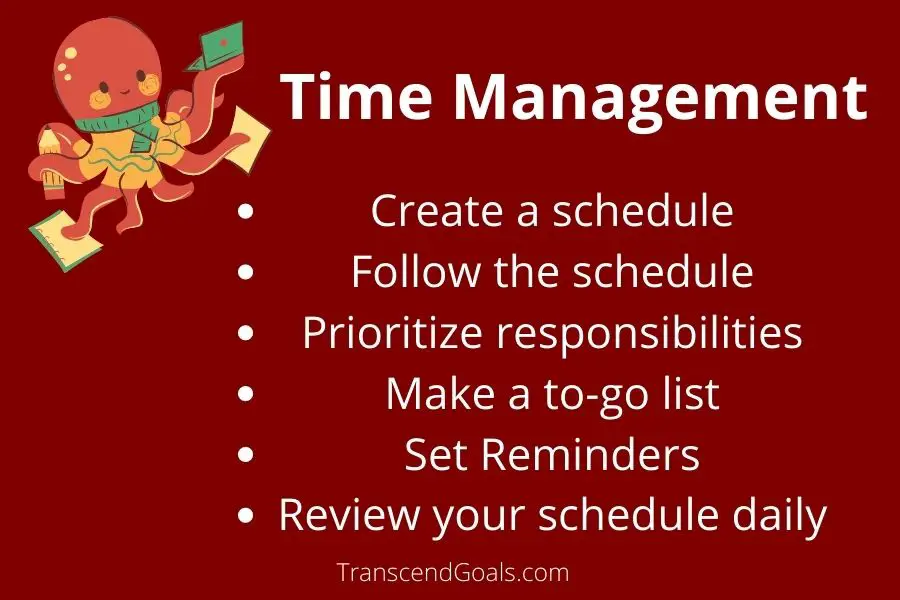Essential Skills Needed To Work From Home
So, You Want to Work From Home
According to a recent PwC US Remote Work Survey, more than half of the participants prefer to work from home most of the week (1). GoodHire’s recent Remote Work Survey revealed that up to 45% of people surveyed would rather quit their job or look for remote work than return to the physical workplace (2).
For more than a year, survey after survey has shown that more people prefer to work from home. It is expected that the upward trend of remote work will continue and employers are preparing for it.
Employers across many industries are now adapting to the changing face of work, by creating more remote work options for employees. ‘
Is this new future of work the right fit for everyone? What does it take to work from home?
New Ways
Change often requires new skills or a new way of doing things. Even if the change is just from one location to another. The job title might be the same, the work duties might be the same –
but it’s surprising how much a change in environment can impact the way we work.
In a physical work place, we have coworkers around us, supervisors, and the environment psychologically prepares us to be in work mode.
At home, well… we are home. It’s comfortable, cozy, and familiar. It’s where we spend time with our loved ones, watch television, cook, sleep, and lounge around.
In order to thrive in this new remote world, you need to know what skills will benefit you and ensure your success.
Changes…
You probably have many of the skills needed to work from home already. But the one thing about working from home that is a real game changer is that you are truly on your own. Sure, you might have to communicate with coworkers and supervisors. But you still have to manage your own day. You have to troubleshoot internet and technological issues. You have to make sure you are getting tasks done on time. You have to make sure you’re not trying to multitask housework and paid work so that one doesn’t impact the other.
When you are working from home, you are truly the one in charge of making sure you get things done. It might take some getting used to. Often times, when people make the switch to remote work – there’s at least a little bit of culture shock. Not only are you in a different environment –
you are HOME!
It can be harder than ever to get into a routine of actually working at home.
In order to make a smooth transition to working from home, it’s best to have an idea of what skills you need to work on to be successful. Not only do you need to know these skills, but you have to know them in the context of working from home. Consider how each skill might be applied differently because you are not in a physical workspace.
Let’s take communication as an example. You most likely have great communication skills. But communication skills in an office setting probably look different than communication in a remote setting. In an office, you could get up and speak to a coworker or supervisor. You could set up a physical meeting. There is interoffice mail. There are breakrooms to interact.
At home, well… there is
none of that.
There is you, a computer, a phone, maybe a tablet – and nothing else.
So, do you video chat with coworkers and supervisors, text, send messages, use apps, or call on the phone?
Great! So you know the preferred method of contact for your job.
Now, what about emotion?
When we speak to people face-to-face, we could see facial expressions, reactions, and body language that help us understand the context of what is happening.
Communication expert, Nick Morgan, explains that while we think people can understand our virtual messages 90% of the time – statistics show that we are only understood around 50% of the time!
How is this happening?

Non-verbal communication such as facial expressions, hand gestures, eye movements, and body movements help us understand communication. When we are communicating using digital methods of communication such as emails or texts – we can’t see these non-verbal communication signals. It can be hard to tell if someone is angry, happy, using sarcasm or is serious. Our messages might not come across as we intend them to. We might also misunderstand the context of the messages we receive.
It’s All You
Everyone loves independence. One of the perks of working from home is independence. It is wonderful – until something goes wrong and you realize that it is all on you.
It can be a bit lonely sometimes. Sure, we could chat with coworkers or even have video calls or meetings – but on a daily basis there are no coworkers to have lunch with, no IT support to come and troubleshoot things at your desk, no supervisor to reach out to for urgent situations – it is all up to you. The remote world might be difficult to navigate sometimes when things get overwhelming.
It’s Time
Probably, the most important skill needed to work from home is time management. Learning to manage your time and separate your time between home and work is essential to successfully work from home. Time management is basically the foundation of the remote world. It might take some getting used to and a bit of flexibility at first to find the right routine for you.
Now, I have to emphasize realistic because it is common to make a schedule that we WANT and not one that we CAN HAVE. Those are two very different realities.
You know your home life and you know your work life. If you have young children at home, be sure to schedule any tasks that require a quiet background for when they are sleeping or otherwise occupied. If you have children to pick up from school, schedule your tasks around those hours.
Be flexible and realistic with your time so that it becomes easier to manage home and work.
It is very hard to be fully invested in work when your mind is on the time to pick up the kids and you can’t be fully invested in picking up the kids when you are rushing to get back to work.
Creating a schedule that allows you to be fully present at work and at home will help you succeed in the remote world.
Finally….

Be kind to yourself. If you are new to the remote work world – it will take some getting used to. If you have been in the remote work world for some time – we could all use reminders to be easy on ourselves.
Working from home is a big deal and it can feel overwhelming.
There will be good days and there will be bad days.
Take time to look at your accomplishments. Acknowledge all that you do and give yourself a break. Do things that make you happy. Treat yourself after a hard day of work. Allow yourself some time to be fully away from work.
What are some of the realizations you had when you started to work from home? What advice do you have for people who are struggling with remote work or who just started to work remotely? Leave a comment or visit us on social media and let us know!











